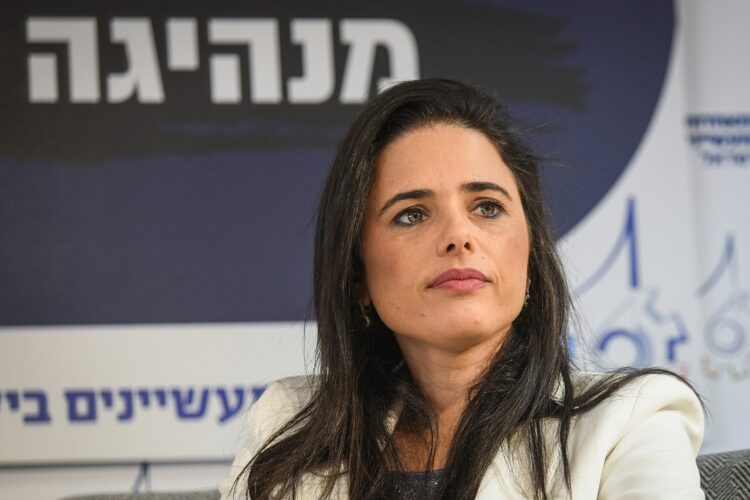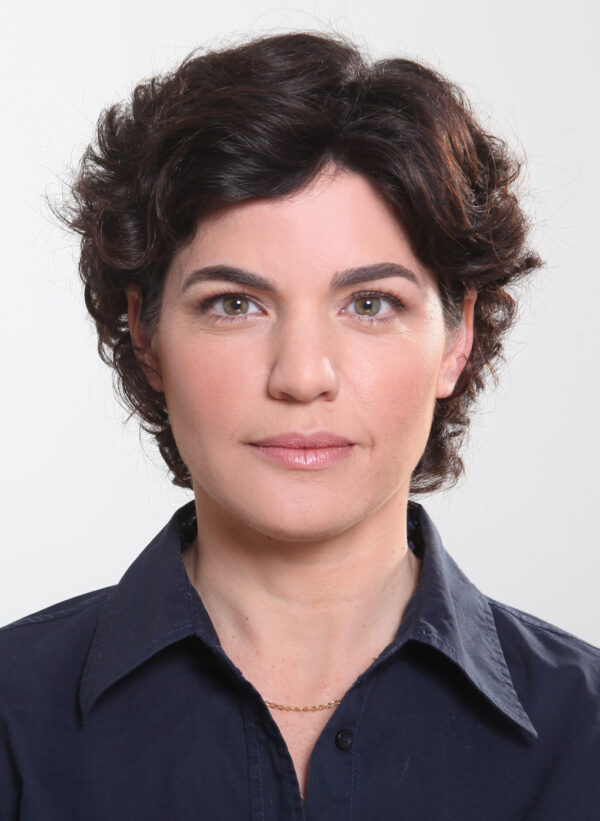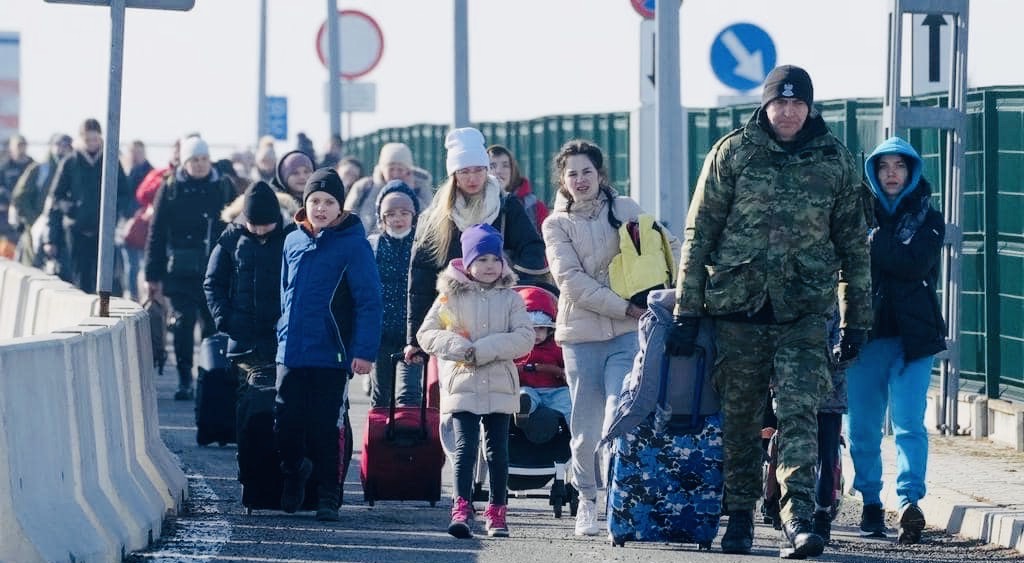In what is probably the greatest population upheaval since World War II, more than three million Ukrainians have fled Ukraine since Russia’s invasion on February 24. The vast majority of the refugees have gone to Poland, Romania, Hungary and neighboring countries.
As of March 18, 12,600 displaced Ukrainians had arrived in Israel. Of these, 3,650 are eligible to settle in Israel under the Law of Return, which grants citizenship to a person with at least one Jewish parent or grandparent.
Slightly more than 1,000 of the newest Ukrainian refugees have left Israel, either by choice or by expulsion order. According to reports, the Population and Immigration Authority has deported dozens of refugees due to a translation error in one of its forms in which applicants inadvertently admitted they had been in Israel illegally in the past, when, in fact, they had legally visited Israel as tourists.
It is clear that Israel was unprepared for this deluge, and has been updating and modifying its refugee policy to accommodate the seemingly endless inflow.
Initially, Interior Minister Ayelet Shaked announced that 20,000 non-Jewish Ukrainians who had landed in Israel prior to February 24 would be allowed to stay until the current war ends. They were in Israel on tourist visas or in the country illegally.

In addition, a further 5,000 Ukrainian Christians would be granted visas, she said. Subsequently, Shaked said that Ukrainian refugees with relatives in Israel would be exempt from the 25,000 cap.
This was a step in the right direction, but some of Shaked’s cabinet colleagues urged her to be more flexible.
Finance Minister Avigdor Liberman, who immigrated to Israel from Moldova, said that “when the cannons are heard, we must accept all those whose lives are in danger.”
Environmental Protection Minister Tamar Zandberg said that Israel has “a moral, historical and strategic interest” in letting in still more refugees. “In such a crisis, Israel should not be stingy, nor start counting heads.”

The Ukrainian embassy in Israel, in an unusual move, said it supported a petition that the cap on refugees violated international conventions and agreements between Israel and Ukraine. This petition was sent to the Supreme Court, which has yet to deliver a verdict.
On March 13, Israeli Foreign Minister Yair Lapid declared that Israel has a “moral duty” to let in still more Ukrainian refugees. “We won’t close our gates and our hearts to those who lost everything,” he said while on a tour of Romania’s border with Ukraine. Calling on Israel to be “much more generous,” he tempered this comment with the observation that Israel could not allow in refugees “without limits.” Lapid’s comment is related to his concern that newcomers to Israel should be Jewish so that its Jewish character is not diluted by non-Jews, especially Palestinian refugees.
On March 14, Israeli Prime Minister Naftali Bennett said that refugees who are not eligible for citizenship could remain in Israel. “We will allow them to stay here for as long as possible, until things have calmed.”
Two days later, the Ministry of Welfare said that refugees would be granted basic services ranging from temporary housing to food assistance. “This is our moral, Jewish and Israeli responsibility,” said Welfare Minister Meir Cohen.
Shaked, however, insists that the refugees do not qualify for medical insurance.
Although the Israeli government has eased restrictions in its refugee policy, the Ukrainian embassy claims Israel can do more to help the asylum seekers.
In a statement posted online, the embassy said, “Russia is … killing thousands of civilians, while the Israeli government inspects each and every refugee from Ukraine with a fine-toothed comb.” The embassy urged Israel to cancel the numerical cap on refugees and permit them to seek employment.
“We hope the (Israeli) government, whose nation experienced the refugee life throughout its existence, will embrace those who are saving their own lives and the lives of the children … from the horrors of the war.”
In theory, Ukrainian Jews arriving in Israel face no restrictions, but Shaked has said that Israel is prepared to admit only up to 100,000.
By one estimate, approximately 200,000 Ukrainian citizens are eligible for citizenship under the Law of Return. It remains to be seen how many Ukrainians will immigrate to Israel, but if the war drags on the number seeking a new home in Israel will doubtless grow.

Since the mid-1980s, about one million Jews from the former Soviet Union have made aliyah. A significant proportion have been Ukrainian Jews, who formed the core of the earliest Zionist pioneers from the Russian empire.
One of these immigrants, Israel’s first female prime minister, Golda (Myerson) Meir, arrived in Palestine via Kyiv and Milwaukee.
